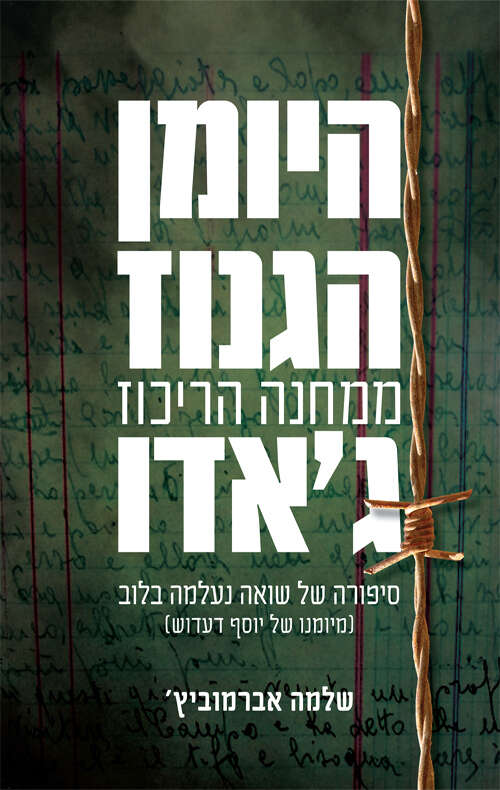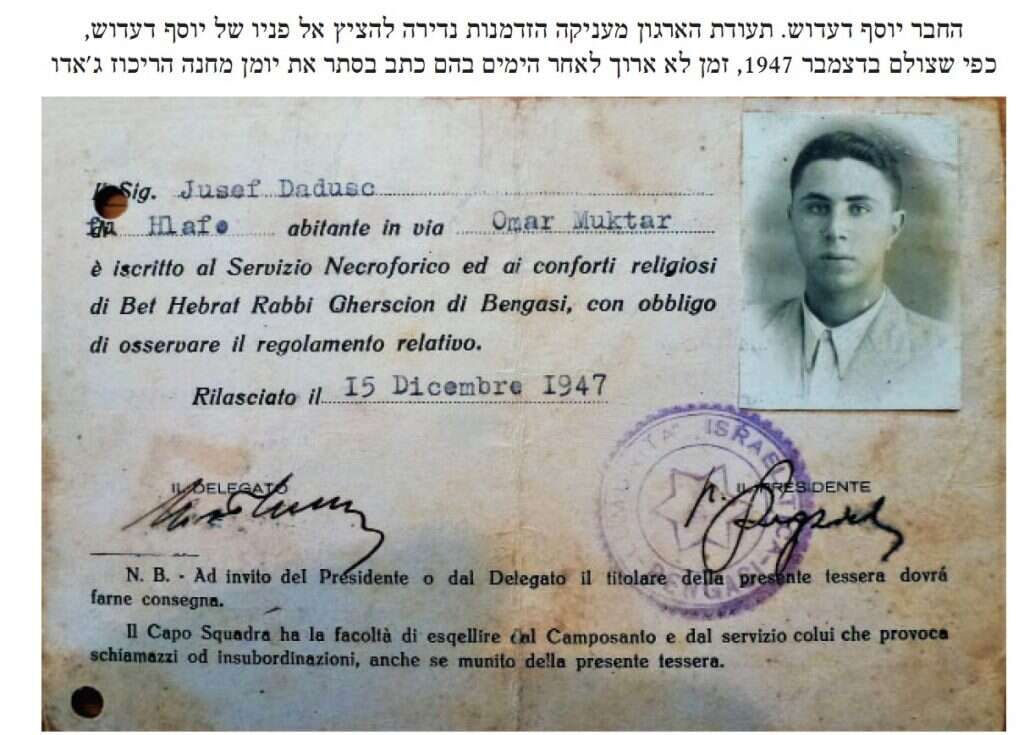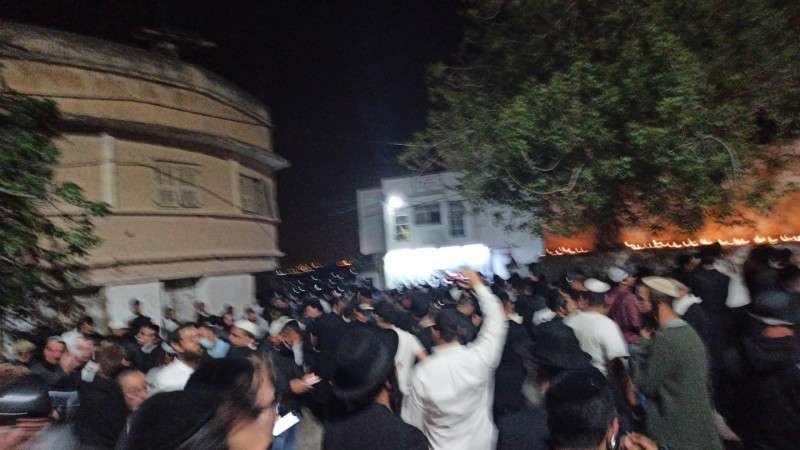Mindful
Diamond Member
- Banned
- #3,741
Palestinian: My View of the Conflict Changed After I Met Israelis.
Shalom/Salam!

 www.israellycool.com
www.israellycool.com
Shalom/Salam!

Palestinian: My View of the Conflict Changed After I Met Israelis
A user on Reddit has posted this hopeful message, which shows that we might just one day get to peace. At least that's the hope.















